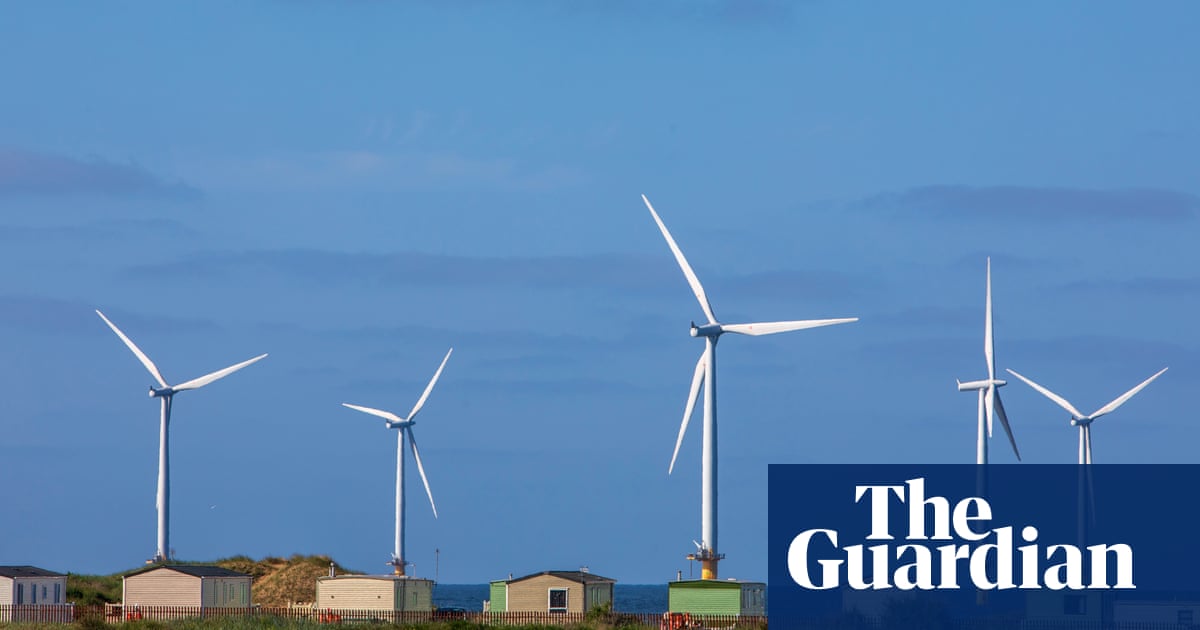
It appears that US President Joe Biden is only as “green” as the electoral polls will allow. With his popularity dipping to a low mark for his tenure in the White House and significantly more voters disapproving of his presidency than approving, he is considering a radical move: Canceling the federal tax on gasoline for the rest of this year.
That would take in the period of the crucial midterm congressional elections, when Biden’s Democrats are facing the prospect of losing their shaky control of Congress, ushering in a “lame duck” presidency that would augur badly for the presidential elections in 2024.
So, according to reports in the Washington Post, the National Economic Council, a White House body, is considering scrapping the 18.4 cents per gallon levy the federal government weighs on sales of petrol at the pumps.
In effect, this would be a subsidy for US energy consumers identical to the aid other governments in the world, especially in the Middle East, have been criticized for extending to their citizens.
If the move is approved — and there are many on either wing of the Democratic Party who would oppose it — it would have a two-fold benefit for Biden.
First, it would assuage the feelings of the powerful motor lobby in the US, made up not just of oil companies and car manufacturers but also the great driving masses, who are probably Biden sympathizers most of the time, as long as they do not have to pay through the nose for their gas.
It would also put a significant dent in headline inflation rates, which are at a 40-year high, helping slow the rate of price increases for all goods that are delivered by road and all the services that depend on motor mobility.
One of the congressmen supporting the measure said it was “the latest effort to help working and middle-class families overcome the economic pressures of the pandemic,” which is good rhetoric and true to the extent that COVID-19-related supply chain obstacles are responsible for some of the soaring prices.
But a far greater factor in US inflation is the administration’s energy policy. By taking an unashamedly anti-hydrocarbon stance from the moment of his inauguration, Biden has slowed down the recovery of the American oil industry and contributed greatly to the increasing tightness in global energy markets that has seen oil prices heading toward the $100 per barrel mark again.The other crucial factor holding back US oil has been the woke environmental, social and corporate governance investors of Wall Street, who have conscientiously insisted on getting dividends paid and loans repaid by Big Oil.
It is a mark of how cowed the US oil industry has been since the price collapse of April 2020 and the election later that year of an avowedly anti-oil administration that it has taken it so long to get its rigs and pumps back on the road.
Most experts believed that prices of about $50 a barrel were sufficient to revive production, especially from the crucial Permian shale basin. They have been north of that level for the past 12 months, but only now is there a significant uptick in US oil activity.
It is against this background that we should view US appeals to oil producers in the OPEC+ alliance to accelerate the carefully calibrated schedule of supply increases due to run until the end of this year. This disciplined regime by OPEC+ has been responsible for the rebalancing of global oil markets that has been underway since the summer of 2020. It is also responsible for the crude price increases that will — at some stage in the near future — enable US oil to make economic sense again.
Tinkering with federal taxes might make some difference to US inflation figures and could conceivably help the Democrats avoid an all-out electoral disaster in November. But it is a poor substitute for a balanced and strategic approach to global energy markets that recognizes the critical role hydrocarbons will continue to play for many years to come.
Frank Kane is an award-winning business journalist based in Dubai. Twitter: @frankkanedubai












